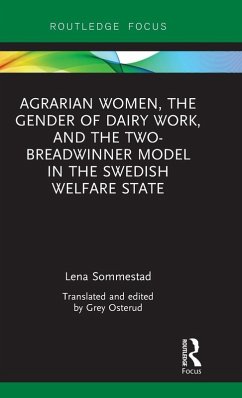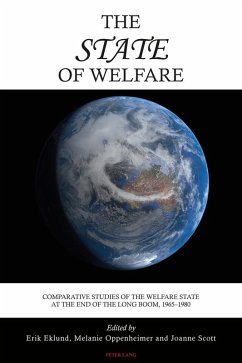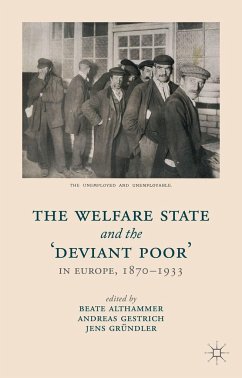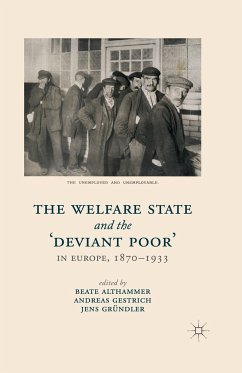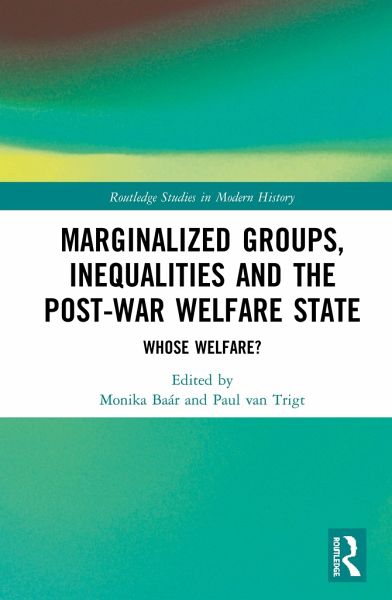
Marginalized Groups, Inequalities and the Post-War Welfare State
Whose Welfare?
Herausgeber: Baár, Monika; Trigt, Paul van
Versandkostenfrei!
Versandfertig in 1-2 Wochen
140,99 €
inkl. MwSt.
Weitere Ausgaben:

PAYBACK Punkte
70 °P sammeln!
With its focus on different marginalized groups: migrants and people with disabilities, this volume offers novel perspectives on the national and international dimensions of the post-war welfare state in Western Europe and North America.





